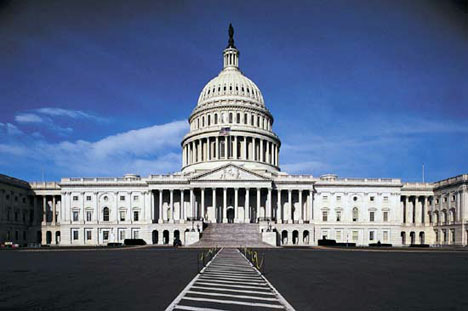
This country now faces a critical shortage of specialists trained to identify and treat mental health issues in children and adolescents. The gap between the number of young people who need treatment and the number who receive it is shockingly high, and unless we can convince more aspiring health care professionals to enter this field, it will inevitably grow.
The Surgeon General’s infamous 1999 report on the general state of mental health services in the U.S. concluded that 13.7 million, or 20%, of American kids and adolescents have a diagnosable mental illness and that 10% or more suffer from conditions that seriously impair their ability to function effectively. Most unfortunately, the Surgeon General estimated that less than 1 in 5 of these affected children receive any form of treatment over the course of a given year. These tragic numbers are unsurprising given the fact that our country currently claims 1 child psychiatrist for every 1000 kids. While pediatricians and family physicians often diagnose mental health problems and prescribe related medications, the level of care kids receive from GPs pales in comparison to the treatment they receive from specialists – especially if their conditions are severe.
Members of America’s two fractious political parties reached a tentative agreement on the issue more than 5 years ago when Representatives Patrick Kennedy (D-RI) and Ileana Ros-Lehtinen (R-FL) introduced the Child Heath Care Crisis Relief Act. The Act, which was proposed in 2003 but failed to take hold in each subsequent Congressional session (the most recent version was introduced to both House and Senate in 2007), will now be reintroduced in the midst of this reported treatment crisis.
Designed as a legislative salve for the widespread shortage of child psychiatrists, the Act looks to remedy the problem by providing various financial incentives for graduate students who enter child psychiatry and related fields such as behavioral pediatrics, school counseling and family therapy. Only 300 students complete such programs each year, and the field remains unpopular due to both the lengthy academic training and significant personal debt that come with a career in medicine and the fact that other specialties carry a higher profit margin. The bill’s proposed benefits include targeted loans, scholarships and academic grants that extend beyond pre-existing programs. The aim of the legislators who wrote the bill was twofold: to lighten the load of graduate students earning degrees in child psychiatry and to make the practice more appealing to younger students who’ve yet to declare their major.
Concerns regarding the efficiency of the program are valid, but the inevitable absolutist counter argument that the government oversteps its bounds in passing such legislation rings a bit callous in this case. Parents whose children desperately need mental health care describe the trials involved in waiting months to be seen and then “traveling four and a half hours each way for services,” their testimony highlighting the fact that our country’s most isolated rural and suburban spaces desperately need specialized care providers. Given certain overriding circumstances, this bill is not the highest priority of the current congress. But that unfortunate fact does not make it any less necessary.